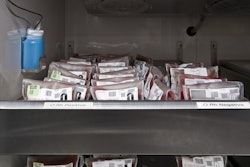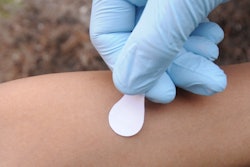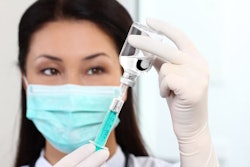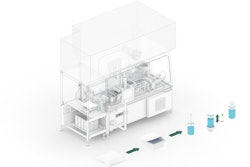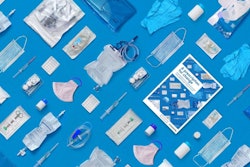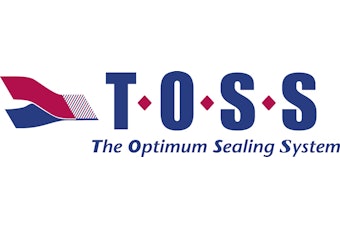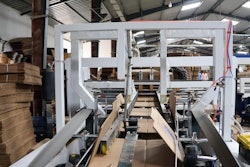Researchers at the University of Washington's Friday Harbor Laboratories on San Juan Island are turning to the ocean to learn how to make a better surgical medical device.
"Northern clingfish's attachment abilities are very desirable for technical applications, and this fish can provide an excellent model for strongly and reversibly attaching to rough, fouled surfaces in wet environments," said Petra Ditsche, a postdoctoral researcher with at Friday Harbor Labs, in Medical Design Technology magazine.
These fish, with bodies about the size of a finger, use suction forces, and are able to hold up to 150 times their weight. In addition, which is what also makes it interesting for researchers, is that the fish hold on to rough surfaces better than smooth ones – something that is lacking when it comes to medical devices in similar environments, according to the article.
"The ability to retract delicate tissues without clamping them is desirable in the field of laparoscopic surgery," said Adam Summers, who leads the team. "A clingfish-based suction cup could lead to a new way to manipulate organs in the gut cavity without risking puncture."



